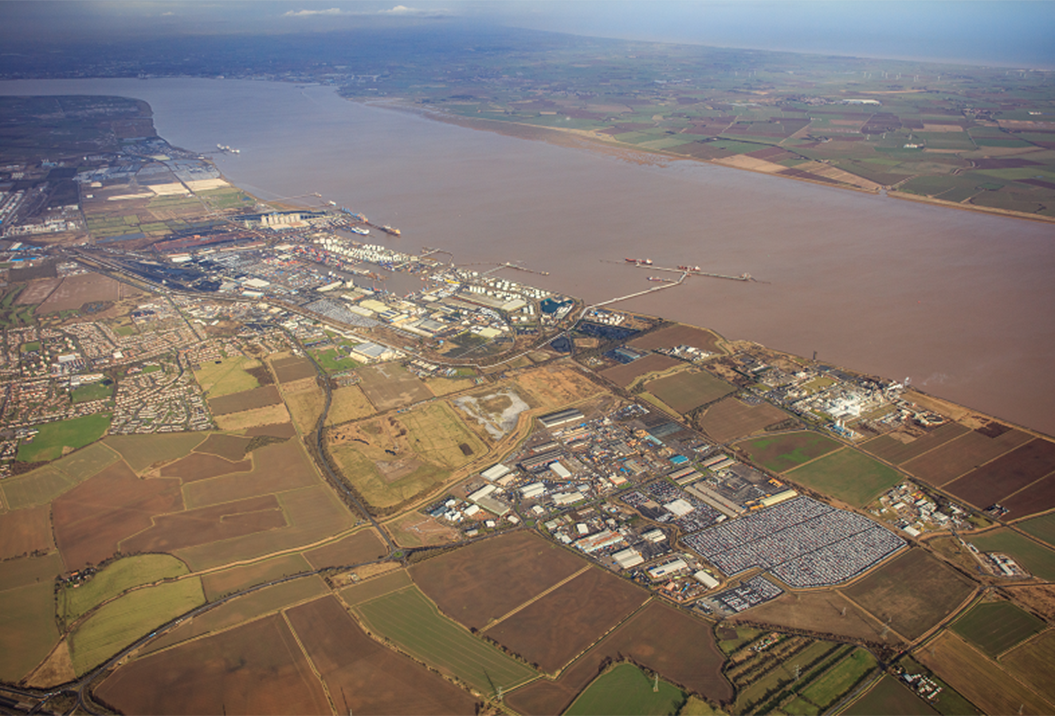The port of Immingham and in the distance the port of Hull
Last month saw the very welcome launch of Transport for the North’s consultation on their Future Freight and Logistics Strategy. All too often when contemplating how our transport networks should evolve, the focus for discussion is about the movement of people.
Passenger railway improvements, upgrades to cycling networks and so on are all important, but they miss out something vital. The movement of freight is essential to each of us, as individuals, in getting the things we need, but it is also crucial for businesses to access supplies, to export finished products, and to grow, and create jobs. Thus, the consultation that Transport for the North are running provides an excellent opportunity for us to reset how freight is thought of in the minds of decision makers.
ABP Humber’s voice in this discussion really matters. Not only are the four ports in the Humber the biggest port complex in the UK handling 17% of the nation’s trade, but we are also a vital link in the chain of moving freight around the country. Across the Humber Ports there are 6,700 HGV movements every day, and around 150 trains every week, each moving the goods businesses and individuals need. To help shape the discussion, ABP will be responding to Transport for the North’s consultation with some key ‘asks’ that will help improve the way we move freight and unlock future economic growth in a sustainable way.
Those asks begin modestly. One way that we can make a significant contribution to decarbonising our work is to move a substantial proportion of those almost 7,000 lorries onto rail. To make this cost effective, however, we need freight to be given greater priority on rail than at present. Too often freight trains are shunted into sidings to allow passenger trains to pass and an increase to rail freight priorities will help.
We also think the rail gauge clearance and electrification work planned to be completed in 2026 could be brought forward to 2024. Added to the speedy completion of the Manchester Rail Capacity study to help us to get more rail freight to Trafford Park and we have a list of minor changes that could help a great deal.
ABP would, however, want to add in a single big ask as well - a second Humber Bridge, to the east of the ports of Immingham and Hull. The Environment Agency are currently working on proposals for a flood barrier for the Humber. Our ask is to consider adding a road bridge over the top of that barrier. Doing so would give benefits not just for the Humber region, but for the nation. At present, both the ports of Hull and Immingham are reliant on one road (the A63 and the A180 respectively). When something happens on those roads, vital freight can be delayed enormously. Not only does this mean people do not get goods on time, but it also makes us less competitive commercially in the North of England. Putting in a new crossing would reduce congestion in Hull, forge new economic ties between Grimsby and Hull, and build resilience into the road network so that traffic from the ports on both banks of the Humber have alternative routes when incidents or congestion occurs. This would speed up the movement and increase the reliability of freight and that could benefit business across the North.
This will obviously be costly. However, as we look to grow our trading sphere post-Brexit, the time is right to think boldly about the future of our transport.


